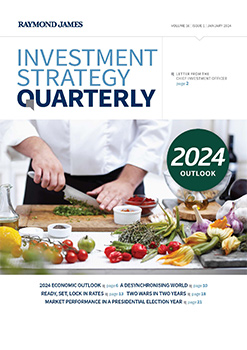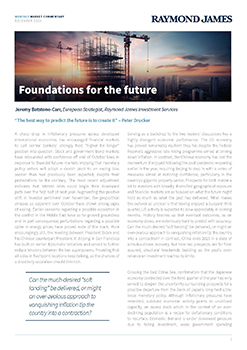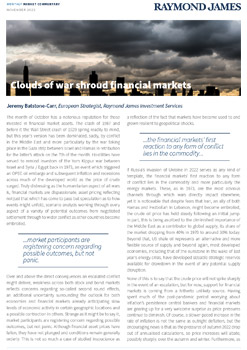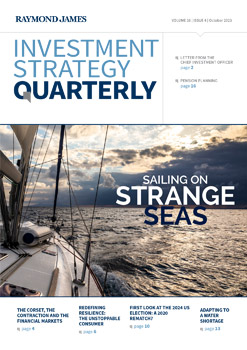This year’s political merry-go-round has already begun in France as we saw ex-Prime Minister Elisabeth Borne resign after meeting with President Macron. She has been succeeded by 34-year-old educational minister, Gabriel Attal. Macron was instrumental in the move, aiming to sway voters five months before the country’s parliament election.
Mr Attal was a firm favourite for the role as he’s been described as a “baby Macron” with comparisons made in terms of ambition and strong media presence. He has stood firm on tough decisions during his time as educational minister and Macron certainly trusts him to reunite his party that has become fractured after unpopular pension changes and more recently, strict immigration laws.
In the UK, the pinch of higher interest rates continues to hurt households as 39% more households in December 23 were unable to pay their energy bills. Energy bills initially jumped in February 2022 when Russia invaded Ukraine, and consumers became constrained by 14 consecutive interest rate hikes taking interest rates to 5.25%. Over the 2022 winter period into 2023 spring the UK government subsidised energy bills, however this has since been scrapped taking its toll on more households. We’ve previously written on the falls seen in oil and gas prices, but this has not yet fed through to regulated household energy tariffs. More pleasing for the UK was the release of GDP data on Friday morning which showed the UK economy grew 0.3% on a monthly basis, higher than anticipated.
We’ve seen markets accelerate through the last couple of months in 2023 and portfolios have enjoyed the “Santa Rally”, but this year has so far been more subdued. US inflation data, released on Thursday had potential to re-ignite asset markets. However, there was a mixed reaction in markets as headline inflation came in at 3.4% (year-on-year), a rise from the November figure of 3.1% and market expectations of 3.2%. Core inflation fell to 3.9% which wasn’t quite the drop expected as markets forecasted 3.8% but was a slight drop from the previous figure of 4%. Shelter (rents) continues to be the key driving force behind the high inflation data. However, there is still the very real prospect for rental inflation to soften over the coming months, which will help bring inflation closer to target, and would likely be well received by markets.
Weekly jobless claims, also out on Thursday, came in lower than market expectations at 202,000. March is the month investors have placed their bets for central banks to begin rate cuts, however the data points are proving there is no sign of weakening in the labour market at the start of this year.
In the UK we narrowly avoided weeklong tube strikes this week however this has not been the case in Germany. Europe ‘s largest economy is battling travel disruption on many fronts as not only did train drivers call a three-day nationwide strike, but farmers have lined hundreds of tractors outside Berlin’s Brandenburg Gate in a bid to pressurise the government into scraping plans to cut farmer subsidies. Strikes are one of a growing list of problems for Chancellor Olaf Scholz’s government that is already facing a declining economy and the headwind of high interest rates.
While much of the developed world continues to tackle elevated inflation, China is continuing to struggle with persistent deflationary pressures. Data released this week showed prices fell (deflation) by -0.3% over the year. The producer price index (PPI) which measures factory gate prices dropped by -2.7%, a 15th consecutive decline, highlighting that downward pressures on prices are unlikely to dissipate in the near term.
A bright spot this week has been the Japanese stock market. Tokyo core CPI data showed inflation at 2.1%, falling from the previous month and highlighting inflation is well under control in Japan. This coupled with low interest rates and low equity valuations helped spur the Japanese equity market higher. The Nikkei 225 (Japan index) is trading at levels not seen since February 1990 and has already rallied 7% in January alone.
Markets continue to wrestle with views on inflation and interest rates. After a couple of months of very soft data, Thursday’s US inflation print has made investors question whether falling inflation is still such a sure bet. The trend certainly appears to be lower for inflation, but whether we will see six interest rate cuts in the US this year remains to be seen. As always we will be active in our exposure and stay diversified in our approach.
Nathan Amaning, Investment Analyst.
Risk warning: With investing, your capital is at risk. The value of investments and the income from them can go down as well as up and you may not recover the amount of your initial investment. Certain investments carry a higher degree of risk than others and are, therefore, unsuitable for some investors.









